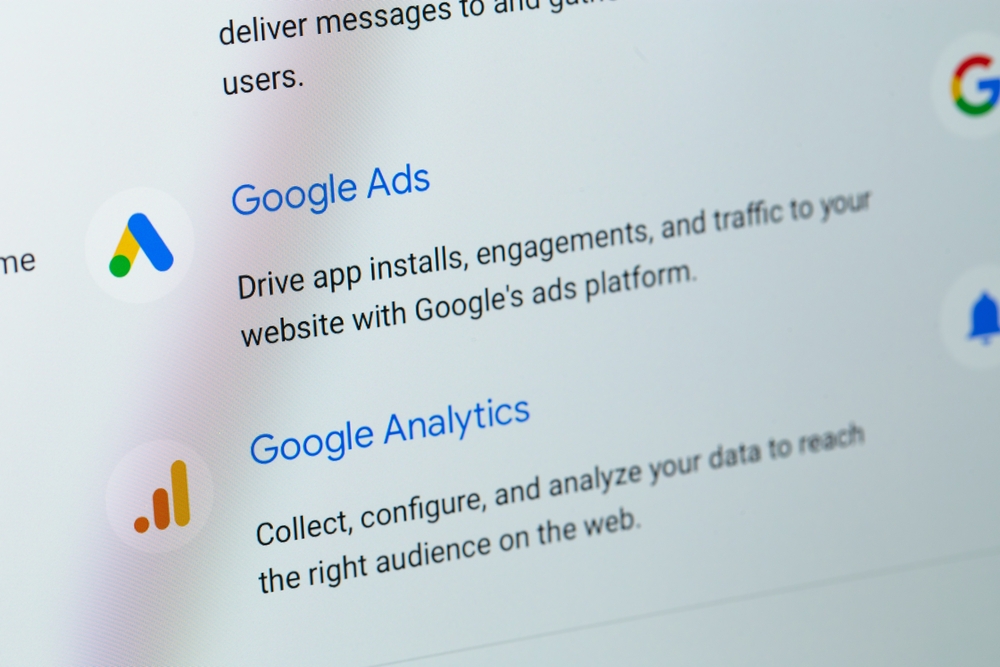Many websites write the news and celebrate: "No more cookies". Google introduced a proposal also known as “Web Environment Integrity Explainer", compiled by four of its engineers.

On the surface, it appears to be an overall effort to boost trust and security in the digital landscape. However, as with any sweeping new technological proposition, there is controversy.
The technology community, especially on GitHub, has drawn considerable criticism.
The key proposition: Trading off trust and privacy?
Google's proposal is based on one key premise: enhancing trust in the customer's environment. It brings a new API that allows websites to request a token, providing information about the client's environment.
Google engineers detail,
“Ad-supported websites require proof that the users they are people, not bots…Social networking sites must distinguish between real user loyalty and fake loyalty…Users playing online games want reassurance that other players are abiding by the rules of the game.”
However, critics argue that the pursuit of trust can come at the expense of privacy. Although Google appears to ensure that tokens will not include unique identifiers, critics fear that this system, if misused, could lead to undue monitoring and control.
Covert DRM and the threat to the open web
The proposed API, while marketed as a trust-building tool, could be used to control user behavior on the web. Some critics fear it could be one hidden introducing Digital Rights Management (DRM from Digital Rights Management) on websites, making it nearly impossible to block ads.
This not only affects the user experience, but also raises concerns about net neutrality and the open nature of the web.
It could be a disguised attempt to introduce DRM for websites, making it almost impossible to block ads in the program tours?
Monopoly Fears: Who Will Control the Validators?
A major concern from the technology community is the potential for monopoly control. By controlling the “certifiers” that verify client environments, Google or any other large technology company could potentially manipulate trust scores, thereby deciding which websites are considered trustworthy. This says a lot about the democratic nature of the web.
As one GitHub user commented, "This raises a red flag about the open nature of the web, potentially paving the way for a digital hierarchy dominated by a few tech giants."
Unanswered questions
The company's proposal leaves many questions unanswered and open for debate. For example, it does not clearly state how it will prevent supplier foreclosure.
Google engineers write,
"Competitors should offer their service on the same terms to any browser that wishes to use it and meets certain basic requirements."
However, it is not clear how these basic requirements will be defined and who will enforce them.
In conclusion, although Google's proposal is a technically sophisticated effort to boost trust on the web, its potential implications for user privacy and the open nature of the web cannot be ignored.
The concerns of the technology community underscore the need for a balanced approach that does not compromise either trust or privacy.



